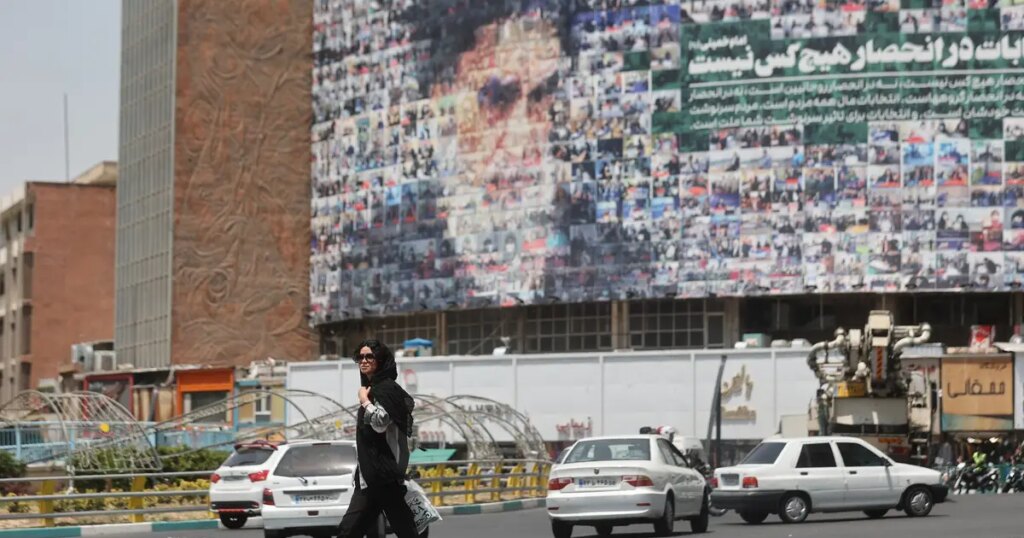With less than two weeks to go until the election, there seems to be little interest or disinterest among Iranians in the presidential elections, and while some speculate that this may change, this seems unlikely.
The six candidates handpicked by the administration have so far limited their campaigning to unpaid appearances on national television, taking part in boring interviews that do little to engage or motivate viewers.
The Islamic Republic seems to be devoid of politicians who can effectively communicate with its people. Every day, familiar faces appear on the television news, making cliches like, “We need to use all possibilities to turn threats into opportunities!” These clichés are repeated on almost every issue, from increasing wheat production and imports to addressing the need for higher salaries to reducing the 50% annual inflation rate.
In TV interviews, the candidates often sit and look very distressed, rarely smile and almost never offer any new interesting comments or a sense of humor.
The interviewers seem hesitant to ask serious questions about anything. Foreign policy and nuclear issues are not discussed, presumably under instructions to avoid sensitive topics. For the first time, state television has openly admitted that it censors what candidates say. In at least one instance, the broadcast of an interview with candidate Mohammad Bagher Ghalibaf was postponed for this reason.
So far, the only candidate who has appeared to be trying to be appealing is Mostafa Pourmohammadi, a right-wing cleric who has been presented as a “moderate” candidate and has been brave enough to speak out against social media censorship.
The priest is the only one of the six candidates who is able to flash an occasional smile — a stark contrast to his 45-year habitual scowl — and stands out for his well-tailored clerical robes and good taste in color coordination, something that seems to have gone unnoticed by the other candidates.
He is the only candidate with an organized campaign and a campaign manager well known to Iranians interested in cultural issues. His campaign manager, Hojatollah Ayubi, is known as one of the most liberal officials the Islamic Republic has ever had in the field of film. In contrast, the other candidates have typically selected individuals with military or political backgrounds. These factors make Pourmohammadi, with his controversial background in justice, security, and intelligence, stand out among the six candidates.
Unlike the other candidates, he has open ties to Name News, a website that has endorsed and consistently supported him. In contrast, the other candidates have not publicly engaged with the numerous media outlets that serve their interests and are often funded by the government. For example, Hamshahri newspaper and its associated publications support Mayor Zakhani, while the hardline websites Raja News and Mashreg News have championed Jalili's candidacy.
Massoud Pezeshkian seems to have the best access to the media, as the Reform Front supports his candidacy. His photos have been featured prominently in two centrist dailies, Ham Mihan and Sazandegi, although these publications have occasionally criticized him for an error or two.
The complexion of the election will be transformed next week when the candidates face off in a television debate. Unlike the current interviews, which are broadcast in fragments by different channels with different popularity and ratings, and which do not allow the candidates to be seen by the right audience at the right time, the debates will be broadcast on major channels such as the news channel IRINN at a time convenient for the majority of the audience.
State television has vowed to host the debate and has warned the candidates to avoid controversial and sensitive issues, but it will be difficult for most of them to appear as timid as they are in interviews because they may have to respond to accusations and counterarguments.
But will they have something different and interesting to say? That remains to be seen. Will the public pay attention to the candidates and what they say? That's the even bigger question.

